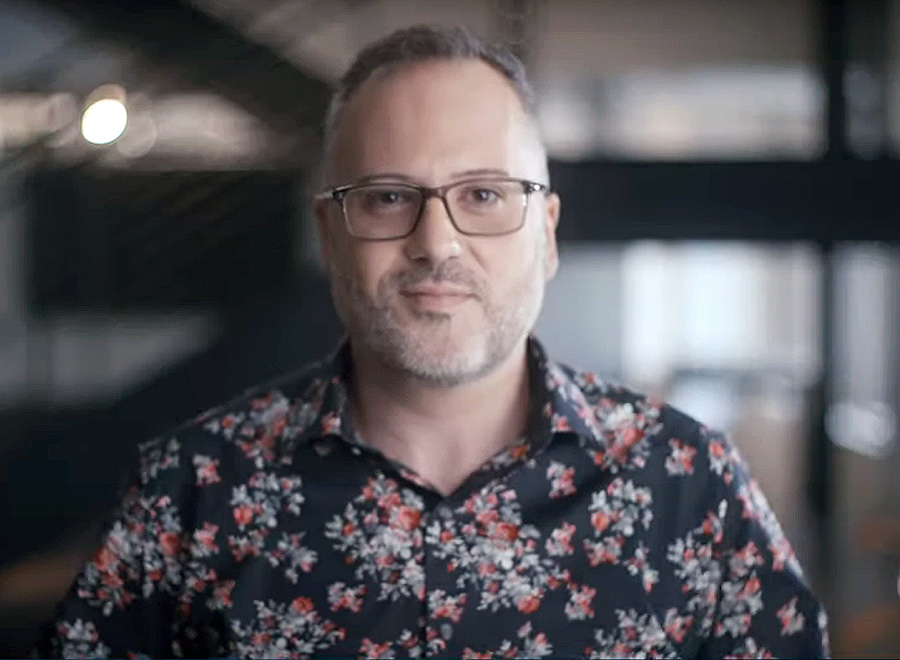
J&J, Neutrogena, Aveeno Sunscreen Lawsuit – Cancer Causing Benzene
Some aerosol sunscreens produced by Johnson & Johnson were earmarked for recall on July 14, 2021. Johnson & Johnson announced they’d found minute levels of benzene in some samples of their aerosol sunscreens. A known carcinogen, benzene has been shown to cause cancer. The risk of cancer from benzene exposure depends on the amount of time and amount of exposure. For instance, if you’ve used a carcinogenic product only a few times, your risks will be lower. Likewise, if you’ve used a small amount of a carcinogenic product, your risk will be lower than if you used sunscreen containing benzene on a large area of your body.
Which Sunscreens Were Included in the Recall?
Currently, five Johnson & Johnson products have been recalled. The recalls involve Neutrogena and Aveeno products. Recalled sunscreens include:
- Aveeno Protect + Refresh aerosol sunscreen.
- Neutrogena Ultra Sheer aerosol sunscreen.
- Neutrogena Beach Defense aerosol sunscreen.
- Neutrogena Invisible Daily defense aerosol sunscreen.
- Neutrogena Cool Dry Sport aerosol sunscreen.
The recalls on these sunscreens include all SPF levels and sizes but only apply to the aerosol formulas. Johnson & Johnson urged consumers to immediately stop using these particular aerosol sunscreens.
Contact our team online or by phone at 2482868100 to schedule a free consultation today with our dedicated and seasoned personal injury attorneys.
Why Were These Sunscreens Recalled?
There were small amounts of benzene found in some samples of the products by Valisure, an online pharmacy and independent testing laboratory. They submitted a citizen petition with the Food and Drug Administration alleging these findings. They took samples from several sunscreen products, with 78 of the top-selling sunscreens having higher benzene concentrations than what is considered safe. Out of these 78, the Johnson & Johnson aerosol sunscreens listed were included in their petition to the FDA asking that the products affected be recalled. Shortly after this petition was filed, Johnson & Johnson voluntarily recalled their affected sunscreens.
What Exactly Is Benzene?
Benzene is a light yellow or colorless flammable liquid. According to the Centers for Disease Control and Prevention, benzene is created by natural processes and formed as a by-product of human activities. It occurs through the manufacturing of rubber, plastics, and paints. It’s also present in fossil fuel emissions. Benzene exposure may result in adverse health effects depending on the concentration and length of exposure. According to the CDC, individuals may experience the following symptoms within a few hours after exposure to benzene:
- Dizziness
- Drowsiness
- Headaches
- Irritation of the stomach or vomiting
- Rapid or irregular heartbeat
- Convulsions or tremors
- Confusion
- Sleepiness
- Unconsciousness
According to the World Health Organization, benzene exposure has potential associations with several adverse health effects, some of which may be long-term and acute, including anemia and cancer. Benzene is classified as a carcinogenic to humans by International Agency for Research on Cancer. In addition, according to the American Cancer Society, there’s substantial evidence linking it to causing various forms of leukemia, including acute myeloid leukemia.
Symptoms of leukemia include:
- Fatigue
- Chills or fever
- Frequent nosebleeds
- Swollen lymph nodes
- Easy bleeding or bruising
- Frequent or severe infections
- Unexplained weight loss
- Weakness or persistent fatigue
- Small red skin spots
What’s the Connection Between Cancer and Benzene?
At high levels of exposure, benzene has been shown to cause cancer in humans. The WHO states that people who’ve had benzene poisoning are at higher risk of death from leukemia. Continued or prolonged exposure to benzene can reduce white and red cell production, T-cell proliferation, and B-cell proliferation.
The National Institute for Occupational Safety and Health suggests that workers who face benzene exposure have protective equipment to wear when benzene concentration is at 0.1 parts per million (ppm) or greater. The Valisure report states some sunscreens tested had benzene significantly higher than two ppm.
Do You Have a Claim to Compensation?
The following conditions must be met to qualify for compensation:
- You’ve been diagnosed with blood cancer or another health condition known to be related to benzene exposure. You’ll need to have medical records documenting leukemia, lymphoma, multiple myeloma, or another medical condition shown to be associated with exposure to benzene.
- You can prove the usage of one of the affected products. You should have partially used bottles and receipts showing your purchase.
- You must be able to document significant exposure to one of the affected products. One time use, or several times, isn’t enough to prove causation between any illness and benzene poisoning. You need to be able to prove that you’ve been using the product for several years. Ideally, you also can produce medical records supporting your claim of long-term usage of one of the affected sunscreens.
- You’re not a smoker. Smoking is linked to cancer. Therefore, if you smoke, it’s harder to prove that something else, rather than smoking, is the cause of your cancer.
How Will Your Case Work?
If a dangerous product has harmed you, you have the right to fair compensation. If a harmful product has been sold to the public, the manufacturer is considered negligent and held responsible through a product liability case. A successful outcome can include compensation for medical expenses, lost wages, pain and suffering, or other damages.
 Since many people may have used the same carcinogenic products, multiple legal claims may be filed against the responsible manufacturer. If your claim is similar to others, it could lead to a class action, toxic tort, or multi-district litigation. This is when a case becomes significantly more complex. Having the experienced personal injury litigators of Goodman Acker on your side can make the difference between a successful case and a favorable outcome of the maximum compensation possible or defeat. No matter how good your claim is, proving its legitimacy is the more significant burden.
Since many people may have used the same carcinogenic products, multiple legal claims may be filed against the responsible manufacturer. If your claim is similar to others, it could lead to a class action, toxic tort, or multi-district litigation. This is when a case becomes significantly more complex. Having the experienced personal injury litigators of Goodman Acker on your side can make the difference between a successful case and a favorable outcome of the maximum compensation possible or defeat. No matter how good your claim is, proving its legitimacy is the more significant burden.
If you’re in the Detroit or Grand Rapids, Michigan area, used a sunscreen containing benzene, and now suspect that your cancer may be related to it, don’t hesitate to contact the product liability attorneys at Goodman Acker. For a no-cost consultation to review your case, contact us by phone or fill out our online form. For your convenience, we also have agents available for online chat or text regarding your case if you prefer.
Our firm has a 150-year history of serving injured and disabled clients. Our highly accomplished attorneys have handled hundreds of personal injury cases, even some of the most complex, and have achieved numerous million-dollar verdicts and settlements. Our successful results are due to us diligently pursuing the maximum compensation for every case we handle. Put us to work for you, and we’ll fight tirelessly on your behalf so that you can focus on your medical care and recovery.



